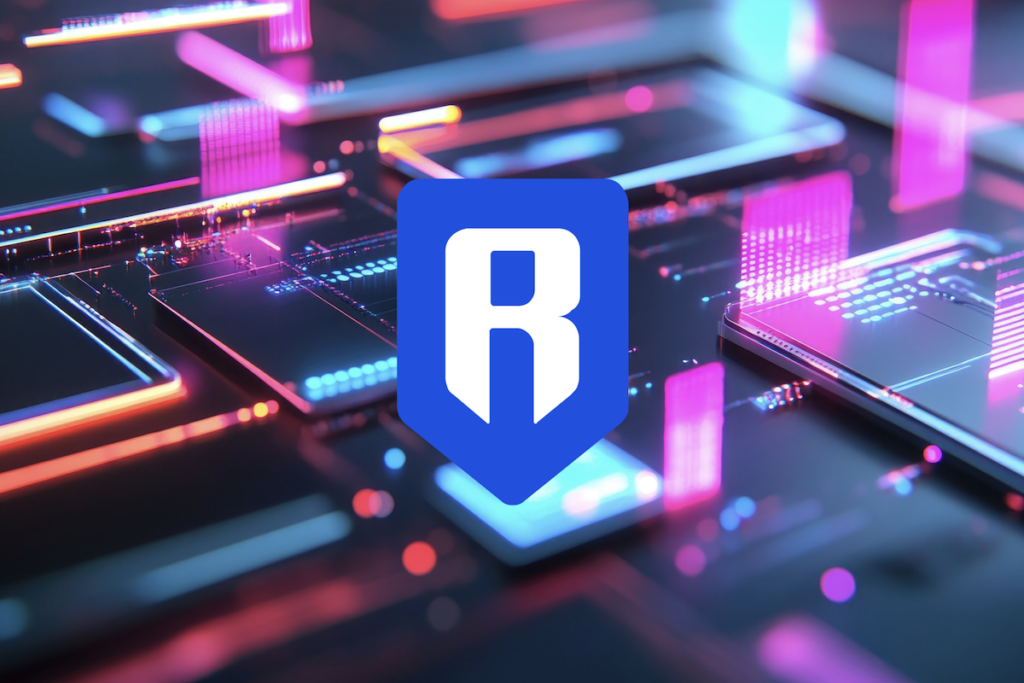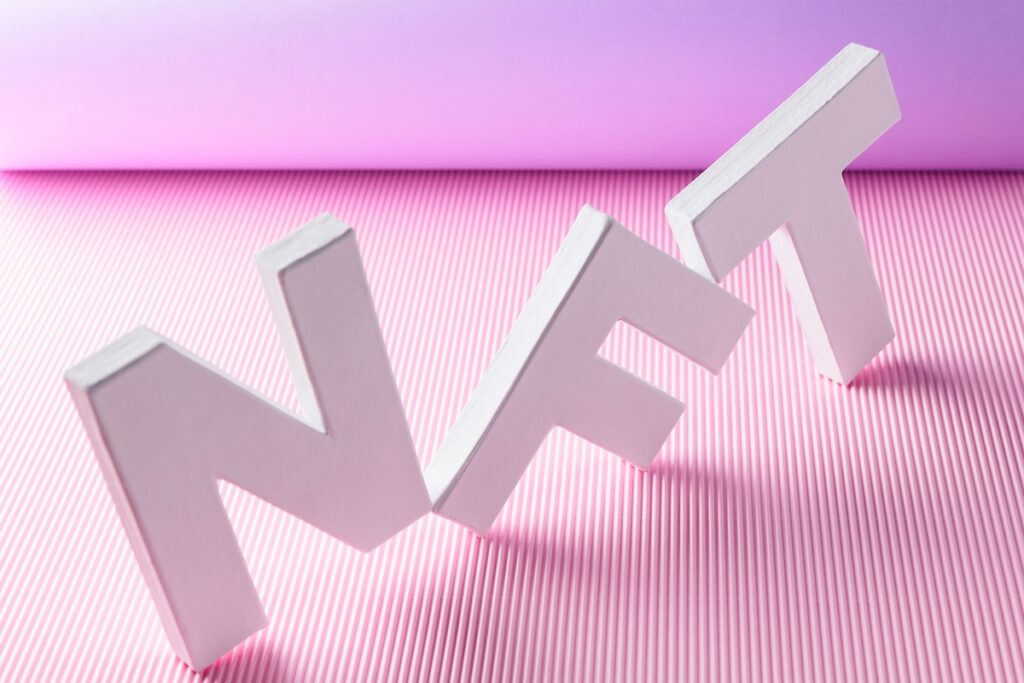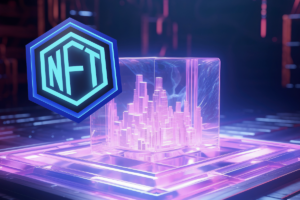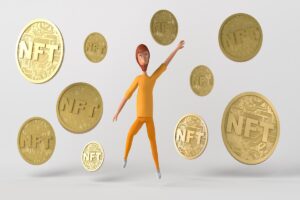Imagine an advanced blockchain network combining various technologies to create a robust foundation for metaverse applications, emphasizing user safety and experience. Welcome to Futureverse! It’s not just another blockchain network; it’s a vision conceived by Aaron McDonald, Shara Senderoff, and Marco Brondani. Their goal? To build a strong community network fostering interoperability and community-governed, user-owned technology.
What is the Open Metaverse?
Futureverse expands on the Open Metaverse, a big idea that wants to make the Internet a digital economy owned by the community, not by big corporations. The Open Metaverse wants to link all parts of the internet like finance, gaming, social media, and shopping into a single experience.
The Open Metaverse revolves around two key ideas—total engagement and individual ownership. Unlike the current internet, which is made up of many separate but linked parts, the Metaverse wants to get rid of these divisions. It aims to bring together different sectors like finance, gaming, social media, and commerce into one digital experience.
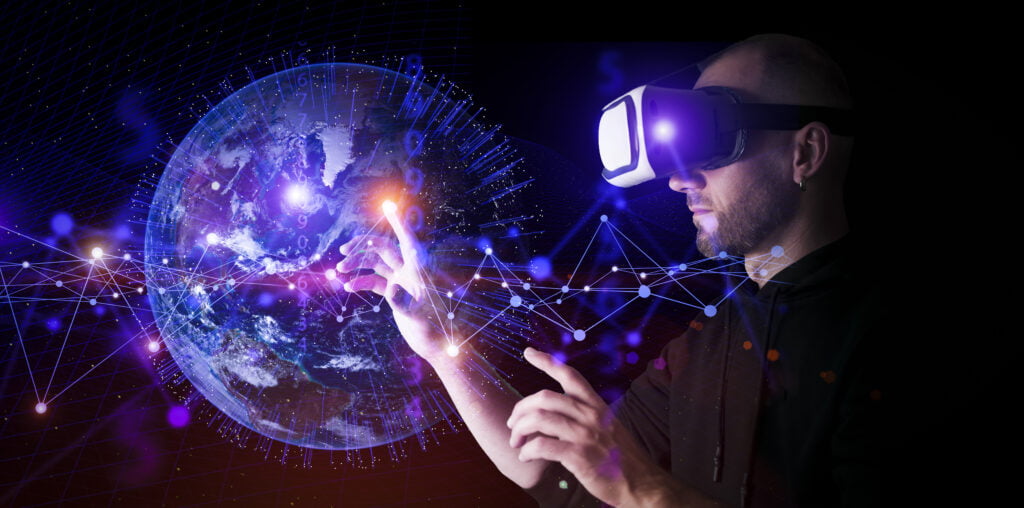
Furthermore, the Open Metaverse champions user control. With open-source code and open standards, it advocates for control to return to communities, deviating from the prevalent scenario where mega-corporations dominate most of our digital assets. This ecosystem empowers users to truly own their content, data, avatars, and intelligence, facilitating unrestricted movement between applications.
The Metaverse exists as a collective of user-owned assets and interoperable applications, with each participant contributing an app, a meta world, or content.
The Open Metaverse idea suggests a future for the digital world without the limits we see in today’s internet, known as Web2. It imagines a future where all users have a say in how we interact online and share control, providing a superior option to our current internet use.
Futureverse and its Varied Technological Spectrum
Futureverse stands out in the blockchain space because it blends various tech elements together. It’s more than just a decentralized blockchain network. It includes things like identity and passport systems, AI, communication systems, payment methods, and a large collection of content assets.
What is the Root Network?
Futureverse’s heart and soul rest within the Root Network – a public blockchain reminiscent of Ethereum or Bitcoin. Still, with a critical difference: it’s optimized for the Metaverse and GameFi applications.
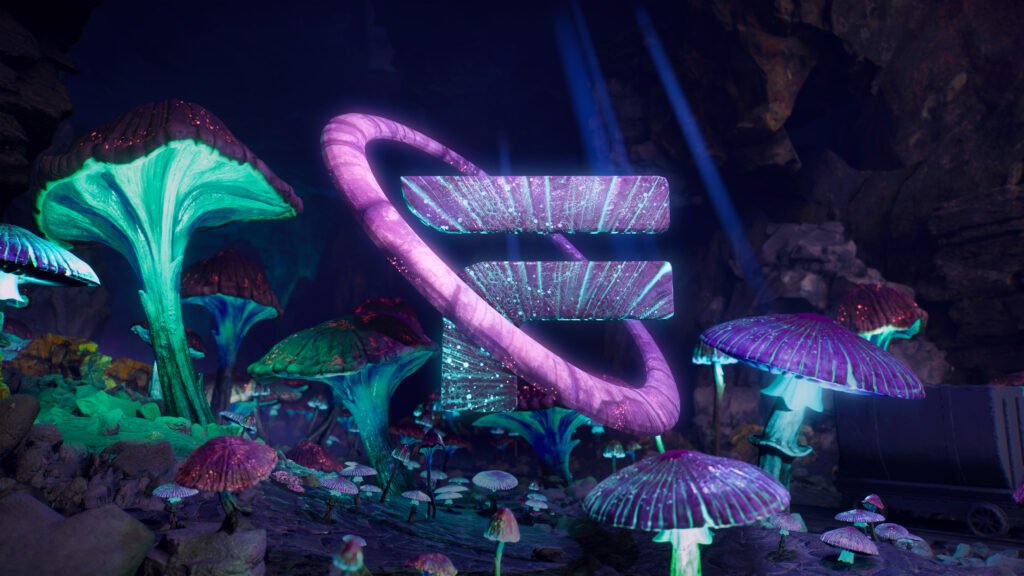
Interconnecting Essential Components
The Root Network is the epicentre where critical components like identity, AI, communications, and payments come together. By integrating these, Futureverse seeks to redefine the user experience within the decentralized internet world.
Unraveling the Power of EVM and Smart Contracts
The Root Network protocol stands out because it uses the Ethereum Virtual Machine (EVM). This means it can understand and run Solidity smart contracts, allowing developers to use these contracts more fully. It also makes sure that the current Ethereum code and NFT assets can work with the Root Network.
Collaborations and Partnerships
Futureverse’s strength also lies in its collaborations with various web3 projects and renowned partners such as FIFA, Warner Music, and a host of celebrities. Further, it is backed by leading venture capital firms, including Animoca Brands, Enjin Starter, Flamingo, and AirTree.
As we step into the next era of the gaming world, Futureverse signifies the exciting intersection of blockchain technologies and the Metaverse, marking a riveting milestone in the gaming universe.
The Root Network protocol within Futureverse uses the Ethereum Virtual Machine (EVM) to interpret and execute Solidity smart contracts. This allows developers to utilize smart contract functionality and ensures the compatibility of existing Ethereum code and NFT ecosystem assets with the Root Network.
The Open Metaverse is rooted in two key principles: immersiveness and ownership. Immersiveness is about creating a single, unified experience that encompasses all current features of the internet. Ownership, on the other hand, emphasizes giving control back to users and communities. It allows users to own their content, identity, data, avatar, and more, facilitating their free movement between applications.
The Futureverse blockchain network is a comprehensive platform that combines various technologies. It’s not just a decentralized blockchain network; it integrates identity and passport protocols, AI protocols, communications protocols, payment networks, and a vast array of content assets to create a solid foundation for metaverse applications, emphasizing user safety and experience.
Futureverse builds upon the concept of the Open Metaverse. The Open Metaverse is a progressive concept aiming to transform the internet into a decentralized, community-owned digital economy. Futureverse intends to take this idea forward by breaking down the barriers between different internet sectors, such as finance, gaming, social media, and commerce, to create an integrated internet experience.
Futureverse has forged collaborations with various web3 projects and boasts partnerships with renowned entities like FIFA, Warner Music, and numerous celebrities. It’s also backed by leading venture capital firms including Animoca Brands, Enjin Starter, Flamingo, and AirTree. These collaborations and partnerships are pivotal to the strength and expansion of Futureverse.
Author
-

Digital asset maven with a keen interest in the valuation and cultural significance of NFTs.

